PEDIATRIC ACQUIRED HEART DISEASE
Acquired heart disease is a problem or defect in the heart affecting children usually after a childhood illness. Acquired heart diseases are less common in children in comparison to adults.
These pediatric acquired heart problems are different from congenital heart defects. Sometimes, children are born with some heart problems, referred to as congenital heart defects. Pediatric acquired heart diseases are categorized as under:
- Kawasaki disease: This mainly affects young children. The coronary arteries or heart muscles are damaged causing the illness.
- Myocarditis: This heart problem is caused due to viral infection leading to inflammation or damage to the heart muscle.
- Cardiomyopathy: It is caused by an infection or genetic disorder affecting the heart muscle. The infection causes the heart to function poorly.
- Rheumatic heart disease: This medical condition causes damage to the heart valve and muscle. It is the result of rheumatic fever.
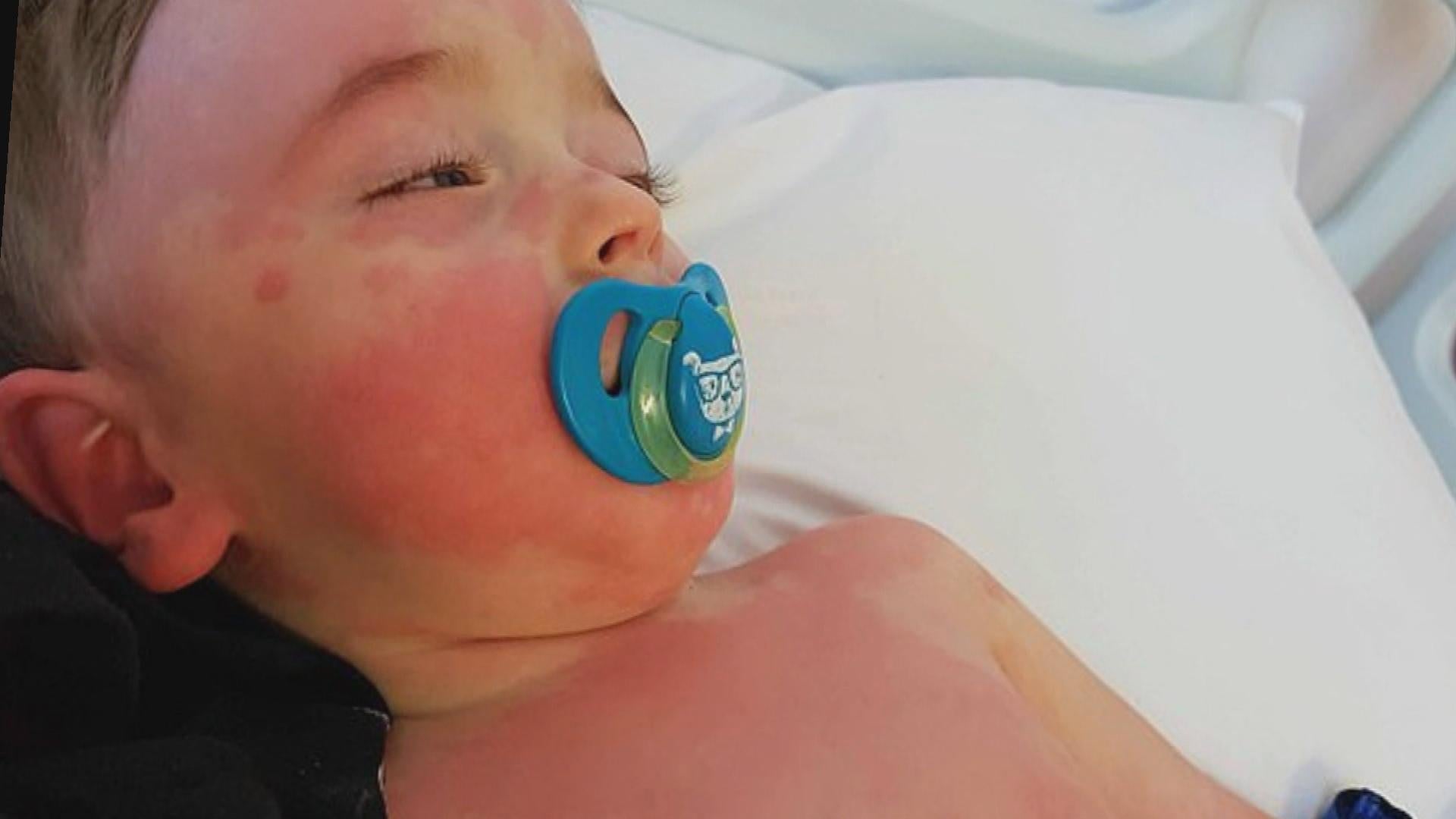
Other acquired heart diseases in children are:
- Cardiac Tumors
- Endocarditis
- High Blood Pressure (Hypertension)
- Pericarditis/Pericardial Effusion
- Pulmonary Hypertension
Some of the other acquired heart disorders may occur in children recovered from congenital (present from birth) heart defects. Similar to adults who are treated for heart disease, children also have an increased risk of endocarditis and cardiomyopathy, damage to the valves and structure of the heart caused by infection or inflammation. Teens and young children are also at risk of developing arrhythmias, which are abnormal heart rhythms.
KAWASAKI DISEASE
Kawasaki disease mainly affects children below the age of 5 years. This disease causes swelling (inflammation) in the walls of medium-sized arteries throughout the body. The reason behind the disease is unknown. But, it is most likely the result of an abnormal reaction to a common germ. The inflammation affects the coronary arteries that supply blood to the heart muscle and damages the coronary arteries or heart muscles in the process. This disease is not contagious and may occur in clusters.
Kawasaki disease is usually treatable and most children recover completely with no serious problem.
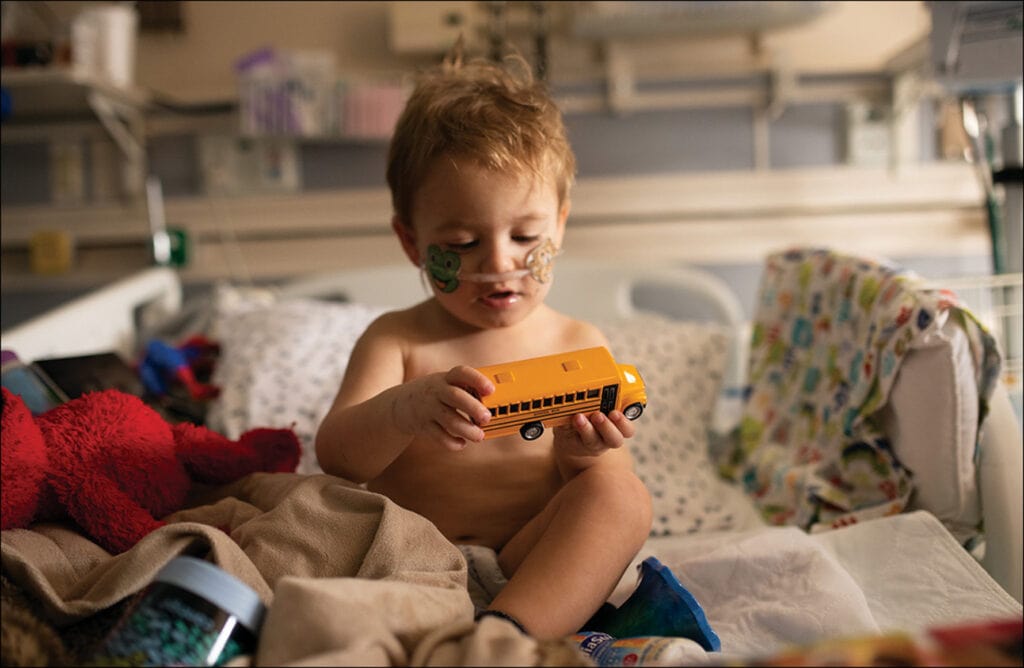
The initial symptom is a persistent fever lasting for more than 4 days. There is no clear explanation of fever and it doesn’t respond to antipyretics such as paracetamol. The small blood vessels may be inflamed causing the below symptoms:
- Swollen, cracked, and red lips
- Rash in the groin region
- Red eyes
- Swollen feet and hands
- Swollen and bright red tongue
- Swollen lymph nodes
- Red rash on soles of palms and feet of the hand
Initiation of the treatment of Kawasaki disease within 10 days may greatly reduce the chances of lasting damage. This is the leading cause of acquired heart disease in children. Fortunately, only a few children have lasting damage with effective treatment.
Some of the heart complications include:
- Inflammation of blood vessels affects the coronary arteries supplying blood to the heart.
- Inflammation of the heart muscle.
- Heart valve problems.
MYOCARDITIS
Heart muscle inflammation results in Myocarditis. The inflammation can be caused by various reasons, such as:
- Infection
- Medications
- Chemicals
- Radiation
- Certain diseases cause inflammation in different organs of the body
Usually, the immune system fights the invading organisms. But, in some cases, the aggressive response of the immune system destroys the heart muscle cells along with the foreign organisms. The damage to the heart muscles would cause swelling and thickness. The damaged heart muscle cells may eventually heal and form scar tissue. Although, if a large portion of the heart is affected, it may impact the ability of the heart to pump blood.
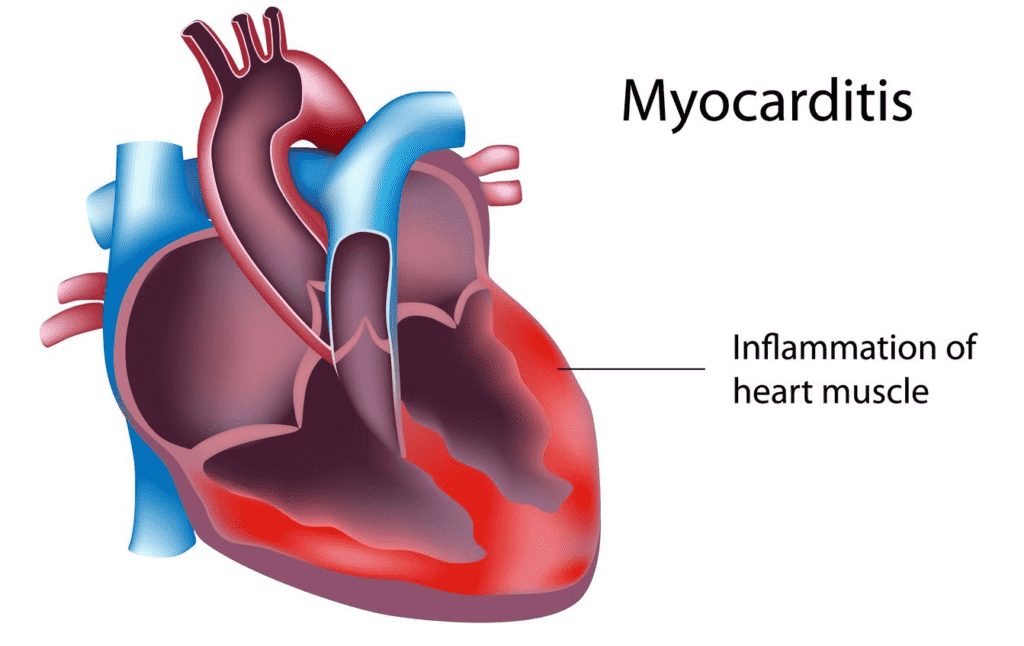
Mostly myocarditis is triggered by infections such as Glandular fever, Influenza (flu), Rubella, Rheumatic fever, Diphtheria, and HIV.
The symptoms may be subtle, making the diagnosis difficult. Some of the common symptoms may include poor blood circulation, skin discoloration, reduced urine production, fever, swelling in the feet, legs, or face, and chest palpitations and pain.
Treatment is based on the extent of damage to the heart muscles. Most children recover completely, but some may develop serious heart failure and require chronic care from a cardiologist.
CARDIOMYOPATHY
This is a rare and usually under-diagnosed disease affecting the heart muscles. Cardiomyopathy causes sudden cardiac death in children under the age of 18.
Cardiomyopathy is a chronic heart condition involving deterioration of the heart muscle or myocardium. The disease causes the heart muscle to become abnormally large, thickened, and or stiffened. It is categorized into 3 types:
- Hypertrophic cardiomyopathy: Causes thickening of the heart muscle.
- Dilated cardiomyopathy: Causes enlargement of one or more of the chambers in the heart.
- Restrictive cardiomyopathy: Results in increased rigidity of the heart muscle.
Cardiomyopathy is usually caused due to:
- Inheritance from one or both parents.
- A viral infection.
- Toxins affect other organs.
- From chemotherapy medicines.
- Metabolic, mitochondrial, or systemic diseases in other parts of the body.
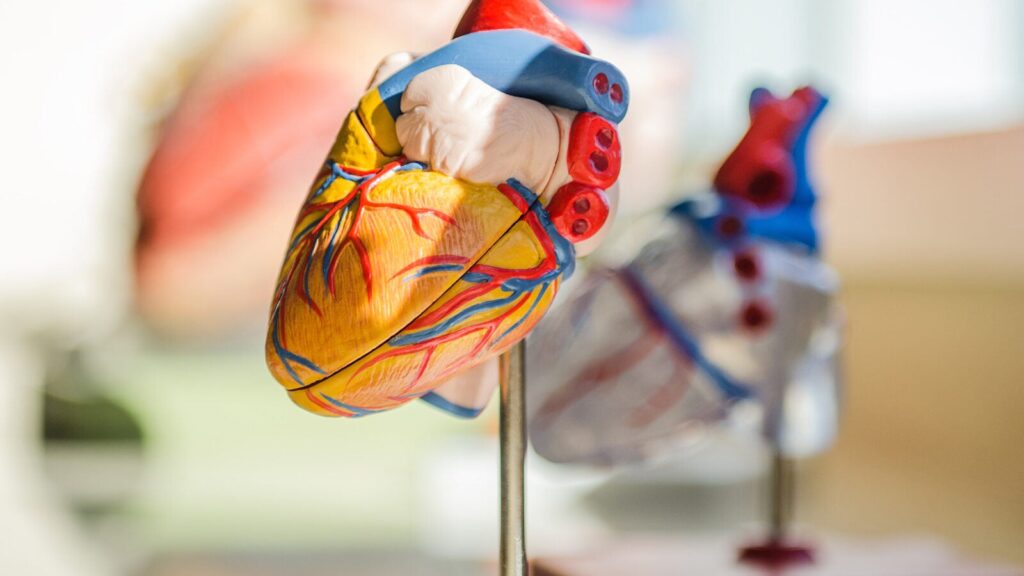
The disease can be identified from symptoms like:
- Swelling of the abdomen due to fluid.
- Swelling of the hands and feet.
- Extreme fatigue.
- Breathlessness or rapid breathing.
- Irregular or rapid heartbeat.
- Light-headedness, fainting, and dizziness due to physical activity.
- Chest pain.
Cardiomyopathy cannot be cured but it is treatable. Treatment of symptoms and complications includes medications, devices such as a pacemaker, and even surgery or a heart transplant. The treatment is decided based on the type of cardiomyopathy.
RHEUMATIC HEART DISEASE
This condition causes permanent damage to the heart valves resulting from rheumatic fever in children. Rheumatic fever is caused due to strep infection of the throat or tonsils referred to as strep throat. Scarlet fever happens along with rheumatic fever. Rheumatic fever affects the joints, skin, and tissue under the skin, brain, and heart. When the infection affects the heart, it is categorized as rheumatic heart disease.
Children may experience signs and symptoms when the infection affects the heart, such as:
- Trouble breathing
- Chest pain
- Swelling (edema) of the feet and ankles
- Heart murmur
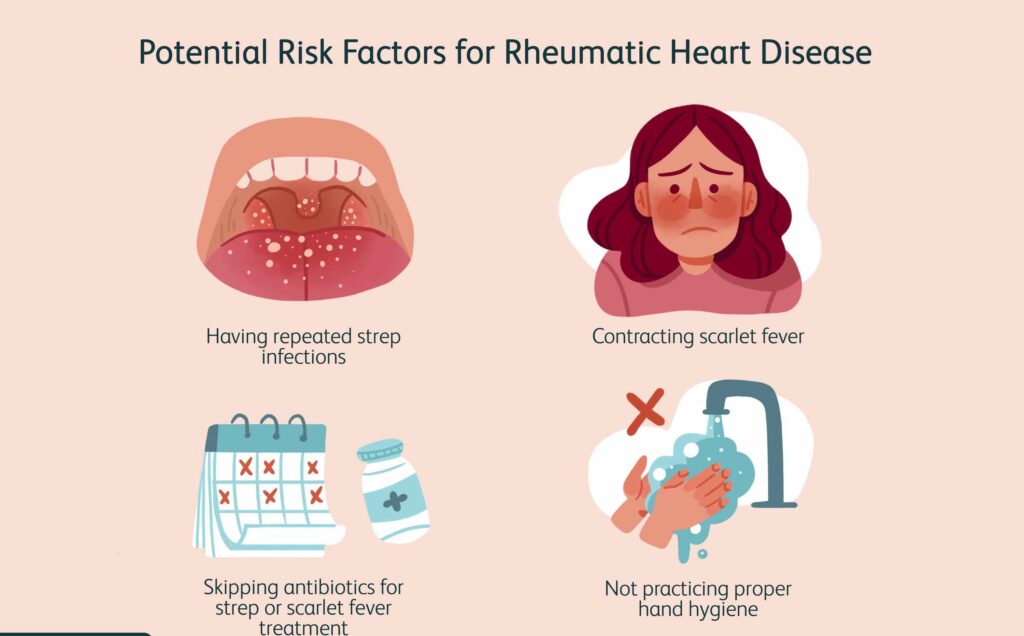
The symptoms of rheumatic heart disease are similar to other health conditions. Treatment of rheumatic heart disease depends on the child’s symptoms, age, and severity of the condition. The treatment in case of acute rheumatic fever involves medications, such as:
- Antibiotics to treat acute and recurrent strep infection.
- Steroids or non-steroidal anti-inflammatory drugs (NSAIDs) to ease inflammation in the heart.
- Water pills or diuretics for heart failure.
- Anti-inflammatory for managing fever and arthritis symptoms.
OUTLOOK
Heart disease in children is a critical condition requiring constant oversight specialists. Acquired heart disease in children results in significant morbidity and mortality if not treated on time. Acquired heart disease develops in children after a disease or infection.
If you or anyone you know is suffering from heart problems, our expert providers at Specialty Care Clinics will take care of your health and help you recover.
Call us on (469) 545-9983 to book an appointment with our specialists.
